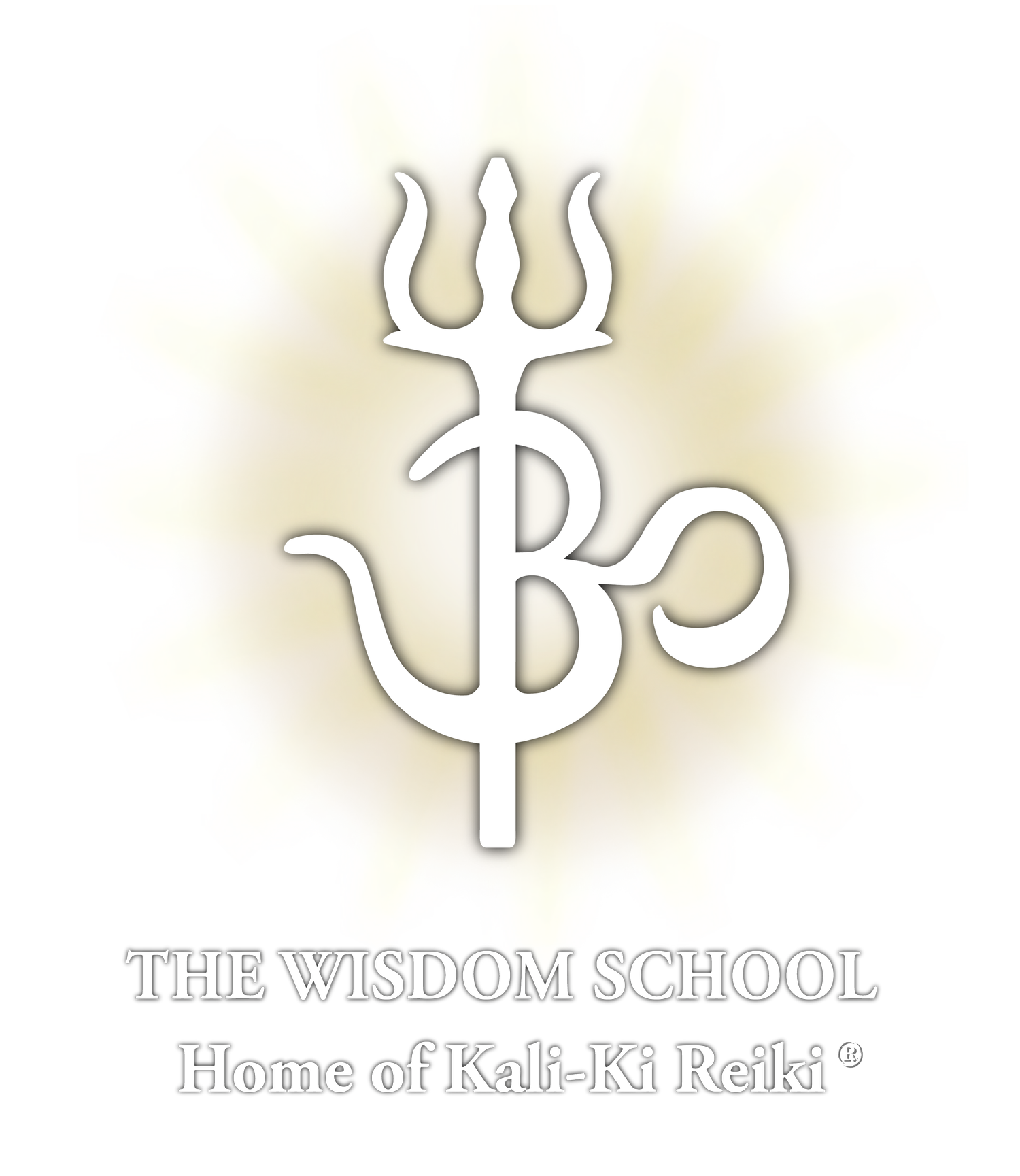Being Gratitude
Beloved,
Perhaps today, like many, you are contemplating your blessings. Some of you, I know, are digging deep through the muck of this covid year to find the treasures buried within. Like you, I have had surprise blessings amidst unexpected challenges this year. I could count some of these off for you, the greatest being the grace of spending five months with my guru while stranded in India because of the international travel lockdown.
Contemplating gratitude this Thanksgiving morning, I feel it is not about creating a list. Yes, it’s good to focus on all the positives in the midst of the negatives. And it’s also good to know abundance is not just about material wealth and comforts. But there is something about making our gratitude lists that to me misses the mark.
When I think about what I am grateful for, as long as there is a subject (me) and an object (five months with the guru, health and safety of self and family, a lovely home, time to work on my book, etc.), I remain in dualistic consciousness. If I am honest, when thinking dualistically, I can just as easily turn to the dark side and start ticking off all those things I am not grateful for–hunger, injustice, isolation, climate change, unnecessary loss, illness and death. Yikes, did my negative list just get bigger than my positive list? I better get going and dig up some more positives.
Thinking about all the good things on my list, I feel one way; thinking about the negatives, I feel another way. And so I swing back and forth on the pendulum of emotions and thoughts, what in yoga we call the vital and mental bodies. If I were to think only about the positives, I would be denying the reality of the negatives. If I deny the negatives, I am unlikely to do anything to ameliorate them.
How can I find any sort of equilibrium in this swinging back and forth? And isn’t there a risk of judgment and self-righteousness when I hold out my blessings against the backdrop of the suffering and erosion of the world? If my blessings are greater than yours, does that somehow make me any more deserving or good? Does it make you any less so?
This is where grace and our sadhana come to our aid. When we can step back from the “me” that is grateful “for” this or that, and see the “I” as the very abundance of beingness itself, gratitude is no longer a matter of what I have or do not have. It is a matter of being. There is a beautiful Sanskrit word that conveys the abundance of the beauty, grace and love inherent to our true nature: “Sri.” Sri is another name of Maa Lakshmi, the compassionate Hindu goddess of all abundance—family, wealth, health, love, and beauty. Sri Lakshmi is often depicted with a lotus in one hand and infinite golden coins pouring onto the world from her delicate fingers. Those coins, however, represent not just material wealth and abundance, they also signify her infinite grace as ever-flowing and ever-available.
Sri is grace. Sri is the abundance of beingness, the force of fullness, the wholeness of all that is. Sri is the cosmic unity. Sri is what I am and what you are.
By surrendering the “me” and the objects “me” is grateful for (or not grateful for), I become Sri. I become abundance and grace in unity with the divine. I become gratitude itself. There is no more need to keep a ledger sheet of “good” and “bad.” No more need worry about always coming up with a positive balance on the “good” side of the blessings list. And as we know, sometimes in order for “me” to come up on the positive side of the ledger sheet, it is at someone else’s expense. So please feel free to toss that ledger sheet aside.
Here’s the key: I no longer need to think about gratitude. Rather, in realizing the abundance of being itself, I know that whatever I experience and whatever you experience is the expression of the totality, the fullness of being. Thus instead of thinking about gratitude, or even feeling it, I become gratitude. Like Sri Lakshmi, gratitude and abundance are one with what I am. Yes, from the relative perspective, we may continue to experience incompleteness and lack, but when we rest in the grace of She who is Sri–and who is Me– then we know the truth of these words of the English Christian mystic Julian of Norwich: “All shall be well, and all manner of things shall be well.”
Norwich’s words have long resonated inside me, and I have turned to them again and again in troubled times. To me, Norwich was not referring to a future time in which all things will be well. Rather, I feel she was saying when you will be in unity with the divine, then all is well. And when you truly see, you are in this unity right now. So, in this moment, resting in grace, I offer this variation you: “All is well, and all manner of being is well.” The Sri, the wholeness, is truly in this present moment. And this present moment is within you and within me. A shanti mantra from the Isha Upanishad speaks to this perfectly.
Om Purnamadah Purnamidam, Purnat Purnamudachyate, Purnasya Purnamadaya, Purnameva Vashishyate. Om, Shanti, Shanti, Shanti.
Perfect fullness emerges out of perfect fullness. Even after taking perfect fullness out of perfect fullness, that which remains is still perfection, fullness, and whole. Om, Peace, Peace, Peace.
Beloveds, on this Thanksgiving Day 2020, may you know the fullness and infinite gratitude of your own being and know that your being is the One being. Even taking away the one from the One, only One remains.
In limitless love,
Rajashree Maa

